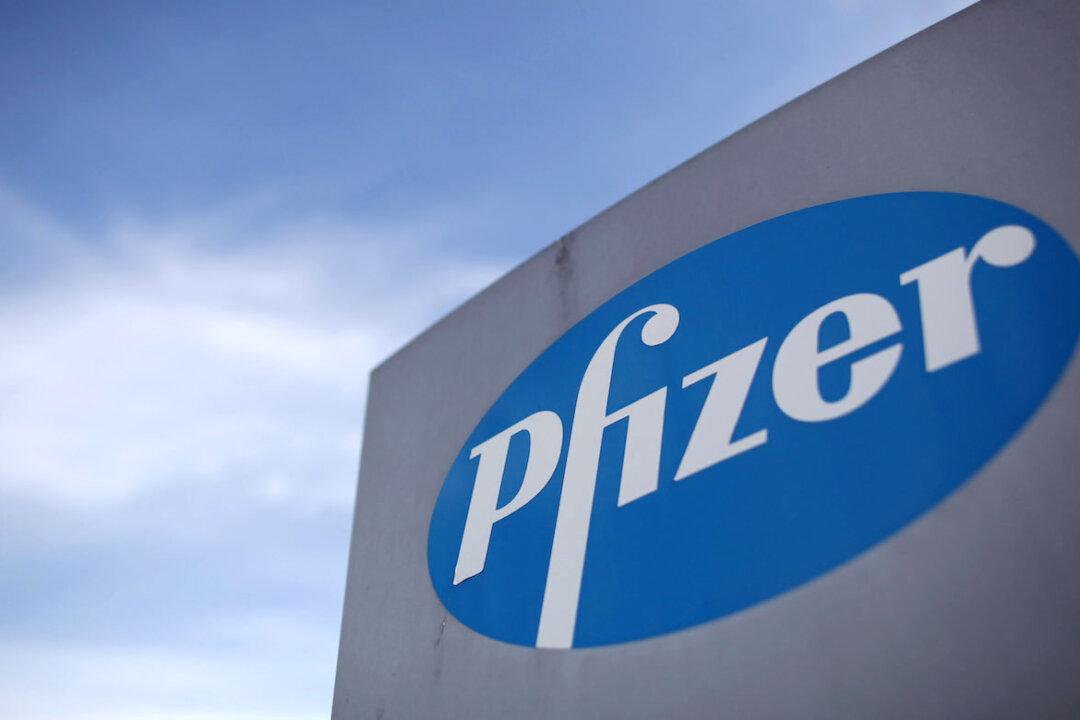The U.S. Centers for Disease Control and Prevention’s (CDC) advisory committee on Friday recommended that expectant mothers receive the Pfizer vaccine against respiratory syncytial virus (RSV) during the late stage of their pregnancies.
The CDC’s Advisory Committee on Immunization Practices voted 11 in favor of the recommendation and one opposed. The next step is formal approval from CDC Director Mandy Cohen, which is expected to make this vaccine part of the Vaccines for Children Program, further enhancing its accessibility.






